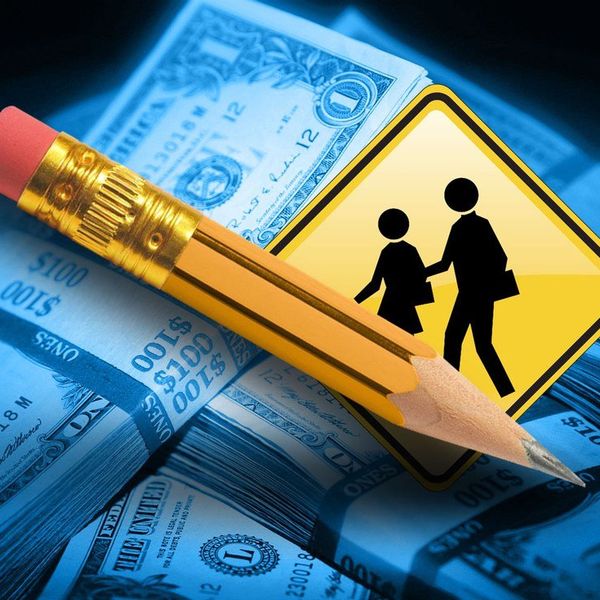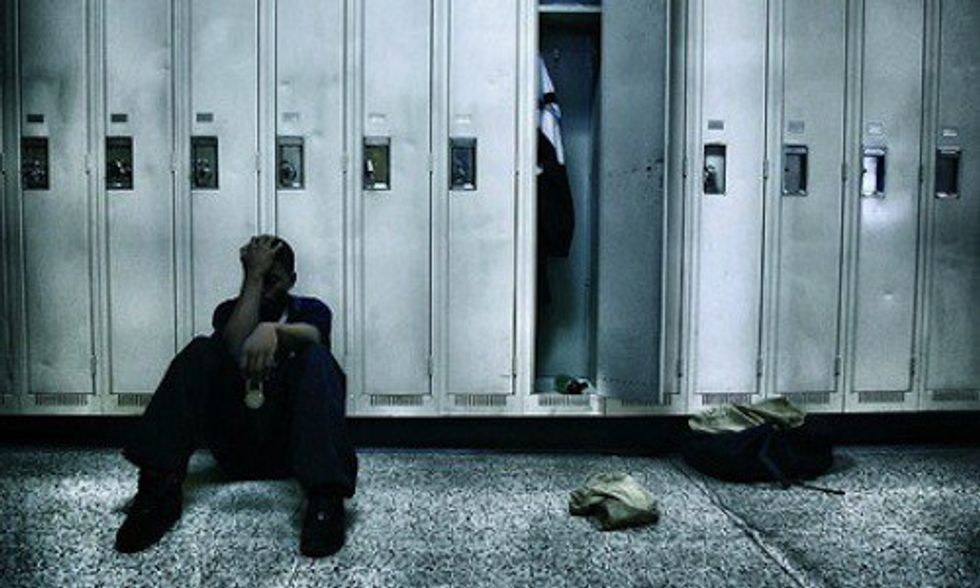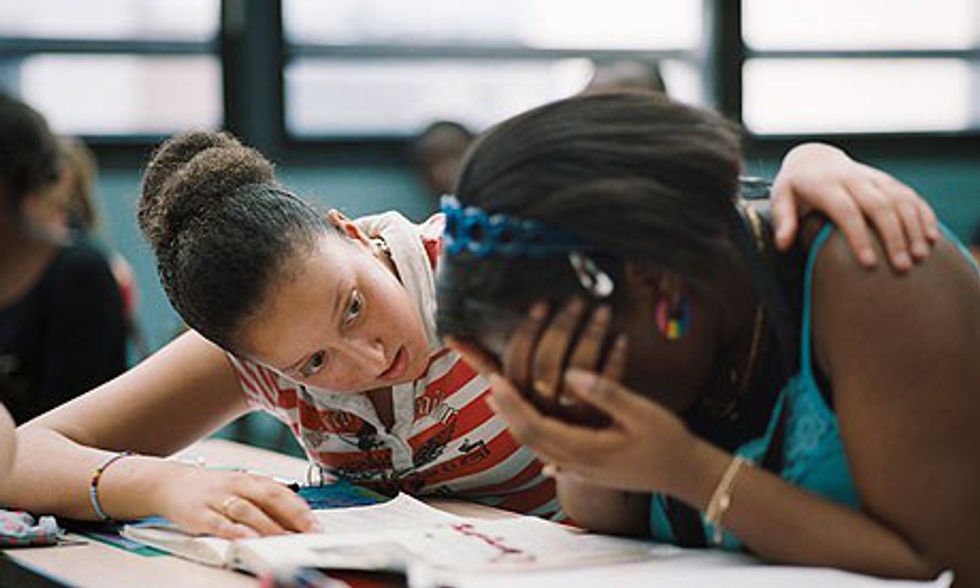Nearly half of the public schools funding in the United States is provided through local taxes, generating large difference in funding between wealthy and improvised communities (National Center for Education Statics). Efforts to reduce these disparities have provoked controversy and resistance. Detailed research spanning two decades and observing performance in many different education settings provides strong and consistent evidence that expenditures are not symmetrically related to student achievement. Meaning, because a school has low funding does not necessarily mean that they are subject to failing. Alaska public schools, ranked 95th percentile for per-student funding, received an average of $16, 546 per student for the year, whereas school districts ranked at the 5th percentile received only an average of $7,379.
Schools within a given districts of classrooms within a specific school may also experience massive differences in funding. Such inequities appear because the needs of disadvantaged students are less often needed in debates about programs, facilities, and funding allocation in local venues. In 1996, for the 7, 206 districts that enrolled 1,000 of more students, only 1,425 (20 percent) received less than $5,000 and 451 (6 percent) provided $10,000 or more per student (National Center for Education Statistics).
Some believe that those who want to benefit from their own schooling should pay their own dues, is that believable? If they choose not to invest in their own education, that should be on their own terms, right? Some taxpayers with no children in school or who don’t see the light of a valued education of others due to not benefiting them directly. Objective is to demonstrate that programs and policies that result in increased education attainment provide benefits to all tax payers, even those who do not have children in school. Little do they know, but taxpayers reap significant benefits from other people’s increases in education attainment. Some benefits that should be considered in discussions are public's investments in education.
Why are people willing to tolerate unequal funding for public schools if they are so committed to the welfare of the children? Some people in the United States are unaware of the problem or think that inequities in school funding are small and don’t matter. There are some who are aware of the unequal support. Several belief systems have been the ideology of individualism, says that success and failure result mainly from individual effort rather than social circumstances. The people of the United States are known around the world for their strong belief in the power of personal effort. This can also lead to associate beliefs that blame impoverished people for their lack of success in life.
Essentialism has it that less-privileged groups such as African Americans, Hispanics, Native Americans or even women inherit whatever lack of successes they have experienced. When applied to the poor, essentialism asserts that poverty results from intractable genetic flaws.























